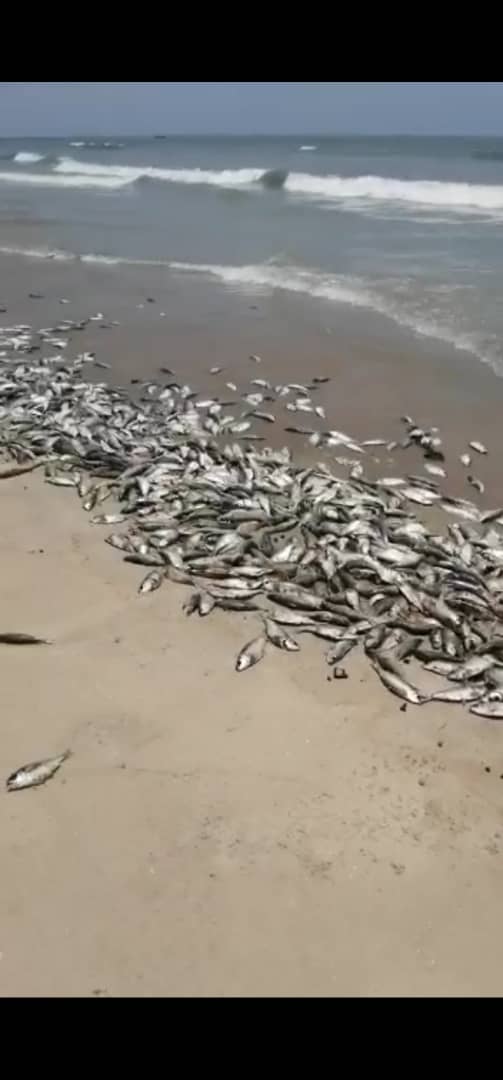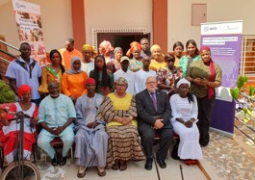
From Sanyang, Gunjur to Kartong and other coastal sites, it is no hidden secret as to the existence of fishmeal plants owned and operated by foreign business individuals.
To help increase the general understanding of what fish meal is, it is described as coarsely ground powder made from the cooked flesh of fish.
The chopped fresh fish is forced by conveyors through long steam cookers, after which the cooked mash is pressed quite hard to remove water and oil, or else it would easily get rotten.
All the existing fish meal plants in The Gambia are located within the coastal area. The public outrage against these fish meal plants is fully justified. The Gambia has a very narrow coastline which is being promoted as prime tourism development area for high-end hotels.
It has to be accepted that tourism development and fish meal plants are totally incompatible when in close proximity. The negative environmental impacts of fish meal plants are too severe, particularly the strong stench which can affect surrounding residents more than 10 kilometres away from the plant itself.
The apparatus used for cooking and pressing the fish flesh to remove the oil and water need to be regularly cleaned with strong and harmful detergents which are then discharged into neighbouring water bodies causing high mortality among aquatic organisms there. The fish meal plants’ primary interest is in the mass of the fish and not the fish size. This in turn encourages local fishermen to illegally fish juvenile fish to sell to the fish meal plants. However as soon as the plants reach their daily quota for the quantities that they can boil, the rest of the catch is rejected and left to rot on our fine beaches.
Taking into account the very short length of our entire coastline covering only 70 kilometres from Ginack to Kartong, compared to Senegal’s 531 kilometres, Mauritania’s 700 kilometres and even Guinea Bissau’s 300 kilometres, there should not exist any fish meal plants anywhere in The Gambia.
The closeness to permanent residences and prime tourism development areas renders it completely impossible to mitigate any one of the major negative environmental impacts of such plants.
The best action for the government to take in the interest of the common good is to close all these fish meal plants immediately.
A concerned citizen





